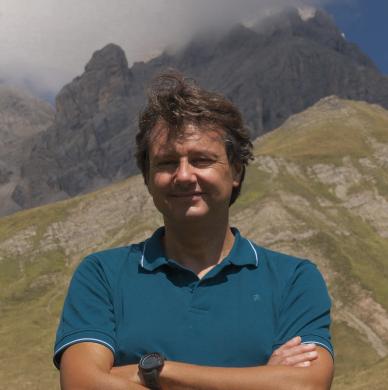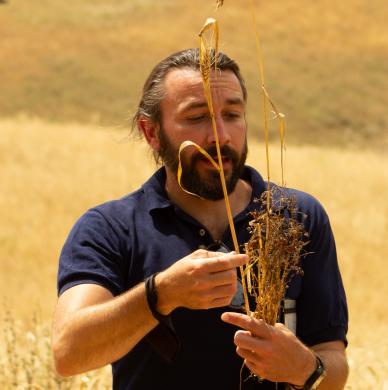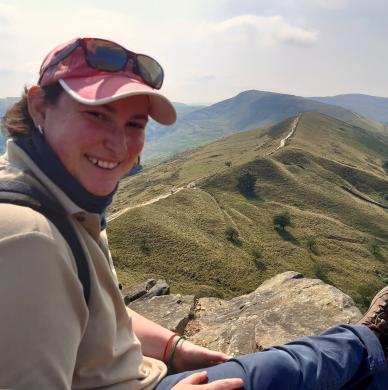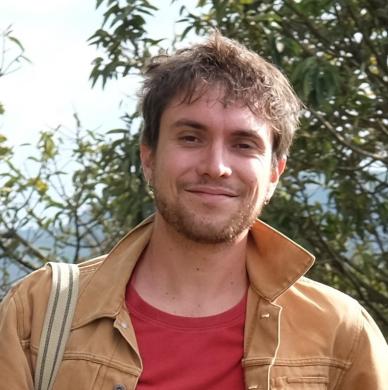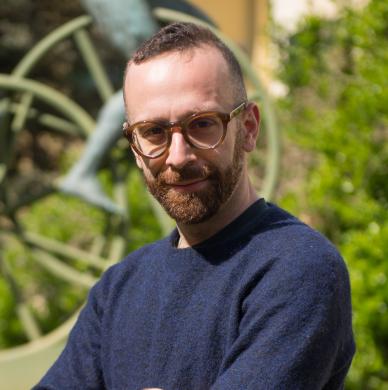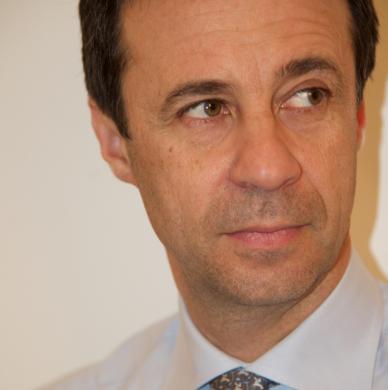AGROECOLOGY 26 – A transdisciplinary approach to truly sustainable agricultural and food systems

I EDITION | ON SITE | APPLICATION
Deadline for Registration
May 10th, 2026
Period
June 29th - July 3rd, 2026
Learning objectives
AGROECOLOGY 26 intends to introduce students to the complex and multifaceted world of agroecology through a transdisciplinary approach, enabling them to acquire basic knowledge and awareness of the importance of the interactions between agro-environmental and socio-economic components as the foundation of the dynamics of transformation of agro-food systems towards true sustainability, and to understand how and why the agro-ecological approach can provide concrete solutions to the great challenges of our time.
Teaching methodologies
The Seasonal School will use highly interactive teaching methodologies focused on Active Learning. Frontal teaching, deliberately reduced and set up on an interactive seminar basis, will aim to frame the theoretical background of the topics progressively introduced and provide participants with basic skills that will allow them to make the most of the subsequent moments of interaction within the group, with the teachers, and with the farmer. In each morning or afternoon session, moments of frontal teaching and interactive teaching will alternate, in order to create a positive group dynamic and maximise stimulation and participation for both students and teachers, while minimising moments of fatigue. The Active Learning methodologies to be used are: presentation of and discussion on case studies; group work (preparation for the farm visit and ex-post return in plenary); role playing; serious games; visit to an agro-ecological farm during which the participants will interview the farmer and acquire useful elements for the subsequent return in plenary.
Target participants
AGROECOLOGY 26 is preferably aimed at undergraduate and postgraduate students. Given its strongly inter- and transdisciplinary nature, it is open to any degree course in both the experimental and social sciences.
Coordinator and key teaching staff
Coordinator: Prof. Paolo Bàrberi
Key teaching staff: Prof. Anna-Camilla Moonen, Dr Stefano Carlesi, Dr Sara Burbi, Dr Federico Leoni, Prof. Matteo Dell’Acqua, Dr Leonardo Caproni, Prof. Edoardo Chiti, Dr Giaime Berti, Prof. Daniele Antichi, Prof. Gianluca Brunori
SDGs (https://sdgs.un.org/goals)
- (12) Responsible consumption and production
- (13) Climate action
- (17) Partnership for the goals

